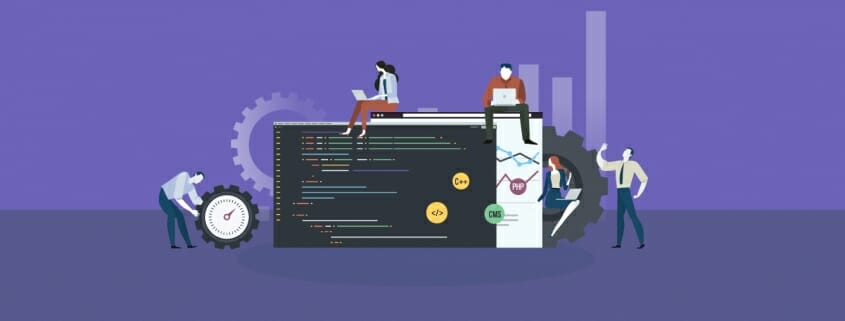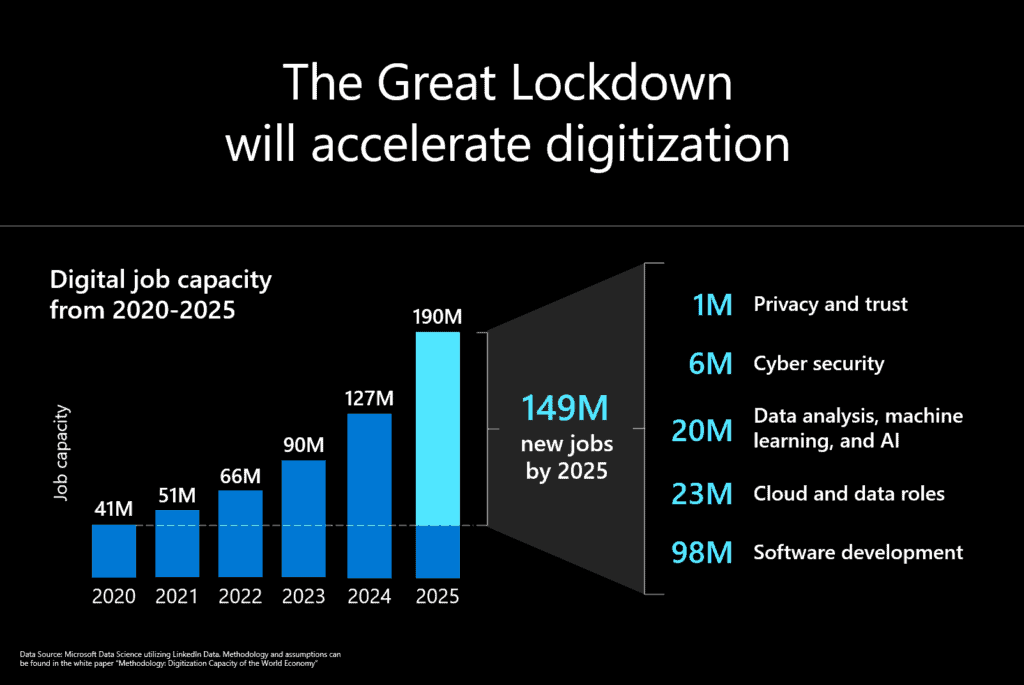Harmonizing Data Science with Technical Support and Services
Typically, businesses design their operations and supply chains to deliver through a myriad of conditions and circumstances they could conceivably face.
Recent events have, however, been anything but ‘normal’ circumstances, and so too can our responses no longer be normal responses.
Whether you refer to it as the great ‘pause’ or ‘lockdown’ it is now apparent that how we view business operations and perceive what ‘work’ looks like on all fronts is changing considerably.
Significant changes have already occurred in the world of food safety and regulation, including the FDA temporarily suspending on-site audits (now scheduled to resume) and the GFSI permitting the hybrid use of Information and Communication Technologies for audits, with both the SQFI and BRCGS following suit.
The SQFI are also seeking public comments on criteria for Edition 9 which sees Crisis Management moving from the focus of 2.1 Management Commitment to 2.6 Product Traceability and Crisis Management.
To go beyond matters directly related to Food Safety for a moment, earlier this month, Microsoft also announced an initiative which will reskill 25 million people from around the world for ‘digital jobs’ which encompasses a wide net from privacy and security to software development.
Nestled in the spectrum of this overhaul is an anticipated 20million + jobs for data analysis, machine learning, and AI, all estimated to be delivered within the next 4 years.
The Economist remarked several years ago that the world’s most valuable resource is no longer oil, but data, and it is becoming clear that as the dust settles from the current climate, that fast, agile and comprehensive access to data may now no longer be a luxury, but an essential requirement to any business which seeks to operate a comprehensive and effective food safety management or quality compliance system.
The heart of digital transformation
At the beginning of 2018, Safefood 360° recognized the growing importance that Business Intelligence would play in food safety management practices when we launched our proprietary BI system, StatusBI.
Since this launch, we have continued to develop and marry the principles of data capturing and management with data science to create as seamless and intuitive an experience and interface for our users that would seek to pre-empt questions and show learnings from their processes that they may otherwise never notice, or possibly even begin to consider where it not for these tools.
Food Safety Management practices, by their nature, create a significant volume of data, which needs to be appropriately collected, sorted, and ideally, assessed for continued business learnings.
While many food businesses already utilize automation tools and machinery for areas of the production process where there is a physical output, legacy food safety and quality management systems often rely on flawed manual data collection.
As requirements shift in response to global circumstances, businesses must be agile in addressing these concerns to ensure their food safety management systems and quality compliance programs remain effective.
To answer these challenges, we are pleased to introduce the expansion of our support department, Data Science & Technical Services.
What does Data Science & Technical Services mean for me?
Put simply, the purpose of the Data Science & Technical Services department exists to make the assessment of data captured in a food manufacturing environment easier for Safefood 360° customers.
Our mission is to provide your business the support needed to leverage the tools in the platform to enhance the effectiveness of all data captured from the Gather to the Decision Making stage.

This is achieved at all levels of organizational structure from the Business Unit to the Business Group and global corporate level.
This will be achieved by unifying the tools and application of the ‘Internet of Things’ (IoT) with the current level of existing Technical Services to give enhanced visibility and actionable data that can be used to diagnose areas for improvement and drive improved decision making.
Going forward, the DS&TS department will work in parallel alongside customers for defined projects which will seek to unify disparate Data Source Layers that are captured at source into one single version of the truth within Safefood 360°.
These projects can have multiple unique applications and be quite expansive in scope.
These captured points of information can be leveraged to assess and benchmark data for business learnings, and to build a comprehensive plan for greater action moving forward.
What this means for individual businesses is the capability to alchemize ‘historical’, and perhaps more pressingly, ‘big data’ into actionable live projects.
The learnings from these outputs can then be used to ensure effective closing out of actions and continuous development of quality and compliance performance.
Ultimately, the ambition of this department will seek to deliver the IoT in a realized format into Safefood 360° that will predict events before they happen and accelerate digital transformations within food businesses.
Using the services of DS&TS
Quite often the ‘noise’ from data accumulated which has not been optimally structured can often be overwhelming.
This is not a situation unique to food safety or quality departments, however, when the data accumulated can have such significant and immediate impact it is important to consider the ramifications and downsides to not implementing a cohesive structure for this data.
Worse still, in some instances, it might even just be perplexing for determining at what points to start a data assessment project.
In these instances, inertia can often become deep-rooted and create long-standing fault lines within the organizational structure which hamper its ability to assess data in the long term.
Our team is available to help you with these projects, through consultative review, close meetings, and integrated projects that work alongside your stakeholders to ensure you are getting the optimum deployment and maximizing efficiency for capturing all information, where you need it, and when you need it.
This also includes custom reports for unique data cases where you want to go beyond the system capabilities and interpret the findings against specific assessment criteria.
The DS&TS function is to support your business, so if you are starting a project that utilizes IoT and would like to know more information, please just reach out to us to talk about your project.






Leave a Reply
Want to join the discussion?Feel free to contribute!